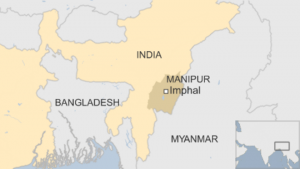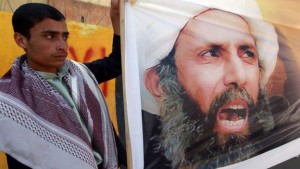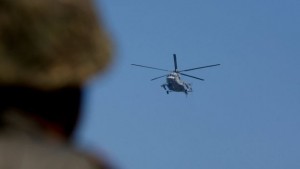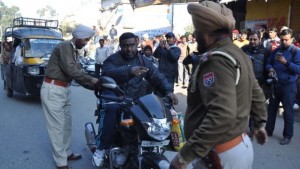Deputy Prime Minister Kamal Thapa on Tuesday expressed hope that the world community would support Nepal for the smooth implementation of the new Constitution and assured that all “genuine concerns” of the Madhesis would be addressed through dialogue.
Addressing chiefs of diplomatic missions based here and representatives of donor agencies, Thapa, who is also foreign minister, noted that Nepal has become only the second country in South Asia to draft its constitution through a democratically-elected constituent assembly.
Thapa also thanked the international community for its support in concluding the peace process and promulgation of the new Constitution in September last year.
“I am also confident of receiving your continued support which is crucial for the implementation of this Constitution,” he said.
“Nothing is perfect in this world,” he said adding “Nepal’s new constitution encompasses the main features of a democratic and inclusive polity to judge by any fair standard”.
“Commitment has been expressed in the very Preamble to democratic norms and values, civil liberty, fundamental freedoms, human rights, adult franchise, periodic elections, complete press freedom and an independent, impartial and competent judiciary, and the rule of law,” he said.
He said that the new constitution has guaranteed the rights of socially backward groups and communities based on principle of inclusion.
Stating that a few political parties, especially Madhes-based parties, have expressed discontent over some of the provisions of the new statute, Thapa stressed that Nepal government has repeatedly made it clear that the Constitution is dynamic in a true sense and genuine concerns can and will be addressed through dialogue.
Nepal has been in political turmoil as the Indian-origin Madhesi people are opposing the seven-province model of federalism which was introduced in the country through the promulgation of the new Constitution.
Madhesis are also protesting against division of their ancestral homeland under the new structure and have led an ongoing blockade of key border trade points with India.
Thapa said as a result of several rounds of dialogue between the government and the agitating leaders an amendment bill has been tabled to address the demands of proportional inclusiveness in state organs and delineation of electoral constituency on the basis of population while maintaining at least one seat in each geographical district.
He noted that a high-level mechanism with representatives of major parties will be formed to settle the dispute over demarcation of provinces.
Lauding the Indian government’s statement on the amendment proposal as an encouraging and positive gesture, Thapa hoped that problems would be resolved soon.
He said supply of commodities from the southern border check points that were disrupted following the promulgation of new constitution has been gradually improving in recent days.
“I have been informed that all other check-points, except Raxaul-Birgunj, are now operational,” said Thapa.
The continued disruption of supplies, especially medicines and food might lead to a humanitarian crisis, Thapa said adding that the government has conveyed this concern to the Indian authorities.
He hoped the supply situation will return to normal with resumption of all border check-points within a few days.
Highlighting the foreign policy of the new government, Thapa said that the country is fully committed to further strengthening relations with its neighbours and all other friendly nations.
“We pursue the policy of friendship with all and enmity with none. It was in pursuance with this commitment that I visited India and the People’s Republic of China where I had very fruitful discussions on matters of mutual interest with my counterparts and other high dignitaries,” he said.
“The government is serious about the reconstruction of the infrastructures, both public and private, damaged by the earthquakes,” he said.
“I am pleased to say that with passage of Reconstruction Authority Act by the Legislature-Parliament and the appointment of its CEO, the Authority has started its task,” he said.
Thapa further requested all donor countries to use government channels for their support and firmly recognise the national leadership and ownership in development efforts rather than channelling such precious resources through non-transparent agencies, NGOs and other entities.



